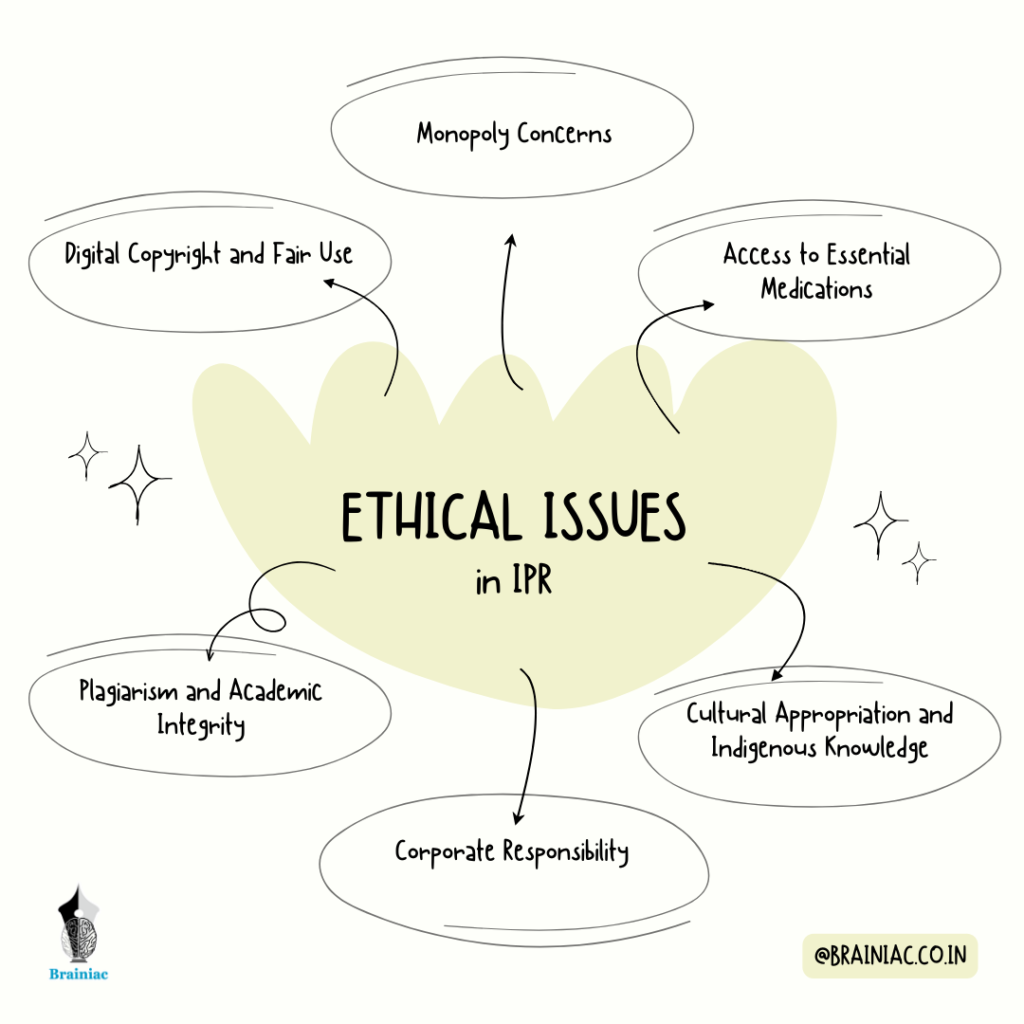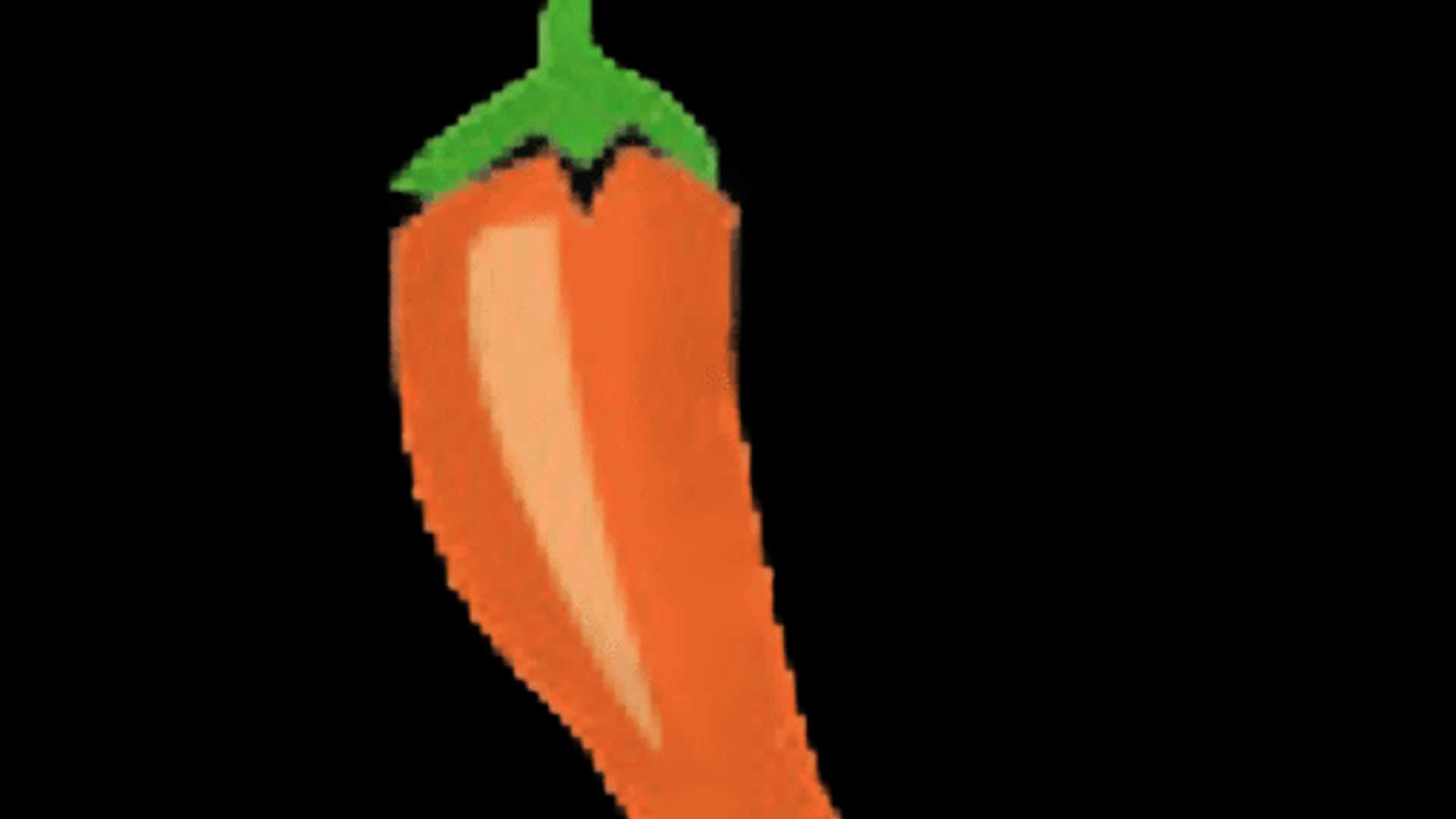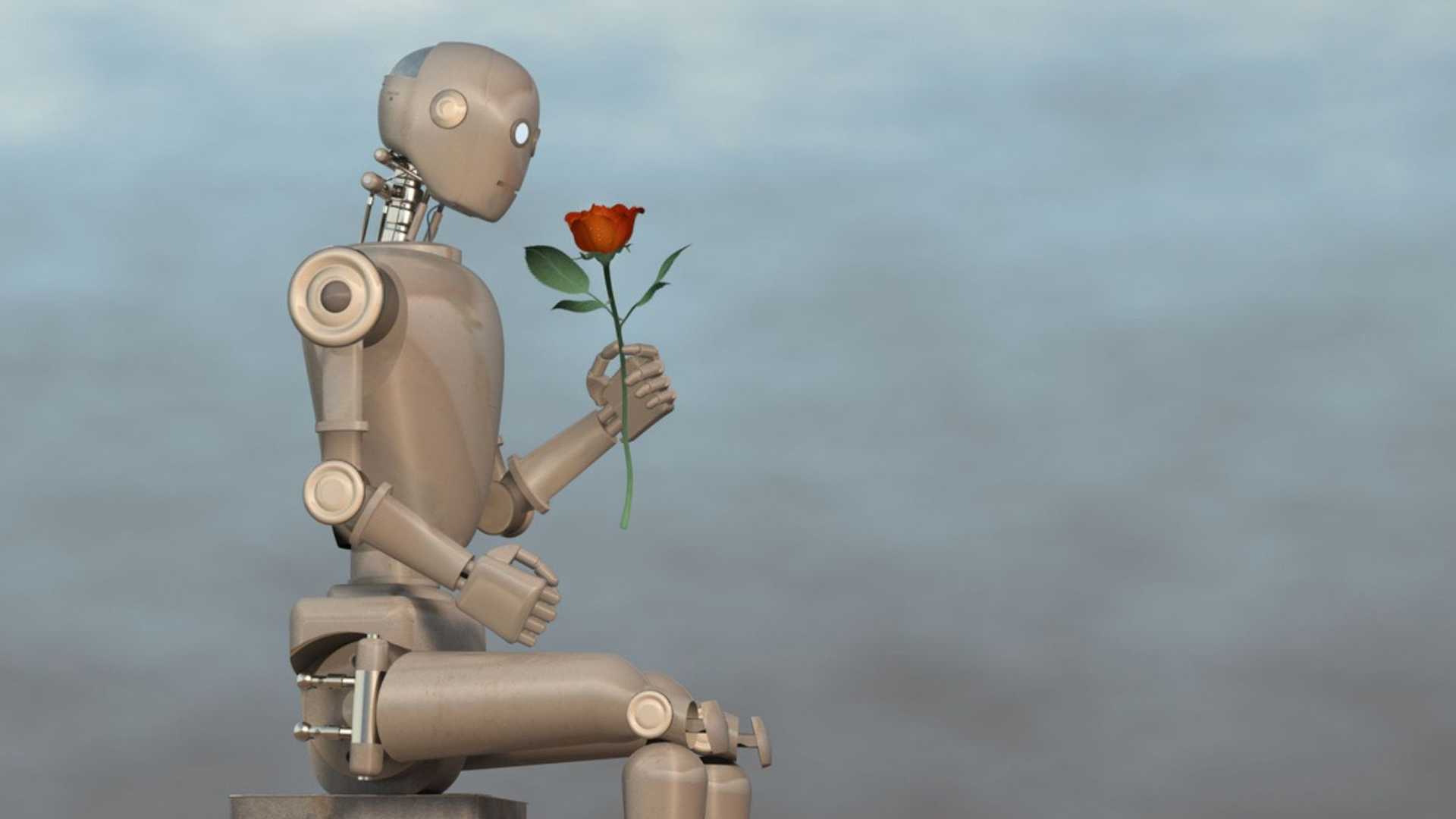Artificial Intelligence – SpicyIP
In light of the various copyright disputes concerning AI firms, there have been significant discussions on the implications for Indian Intellectual Property Law. One such argument is made by Tirthaj Mishra, suggesting a shift in the burden of licensing for AI training data from creators to AI companies. The critique of the opt-out model and the proposal for a statutory “Duty to License” framework inspired by India’s broadcasting laws under Section 31D of the Copyright Act have sparked debates in the legal community.
The Indian Copyright Act and related jurisprudence favor the rights of authors and creators, but they might not adequately address the challenges posed by emerging technologies like AI. This has become apparent in cases such as ANI v. OpenAI, which is India’s first copyright challenge against generative AI. The dispute, filed in 2024, has garnered attention from various industry groups due to its potential wide-reaching impact.

Reframing Issues in ANI v. OpenAI
One of the key issues discussed in the ANI v. OpenAI case pertains to the concept of ‘derivative works’ in the Indian context. Shama Mahajan, in a detailed analysis, highlights the challenges posed by the Fair Use defense in the context of AI models and data processing dynamics. The intersection of copyright law and AI technology is presenting novel legal conundrums that require careful consideration.
The ongoing litigation between ANI and OpenAI has brought to the forefront the need for a nuanced understanding of copyright law in the age of artificial intelligence. The legal and technical complexities involved in implementing measures related to machine learning and unlearning further underscore the evolving nature of intellectual property rights in the digital era.

Lessons for Harmonizing AI and Copyright Law
Recent judicial decisions, such as the Hamburg Regional Court’s ruling on text data mining, offer valuable insights for policymakers seeking to harmonize copyright laws with advancements in AI technology. The case of Robert Kneschke v. LAION e.V. sheds light on potential exceptions to copyright infringement allegations in the context of AI innovation.
As the legal landscape continues to evolve in response to technological advancements, the need for robust frameworks that balance the interests of rights holders, innovators, and the public remains paramount. The intersection of AI and intellectual property law presents both challenges and opportunities for stakeholders in the digital economy.




















